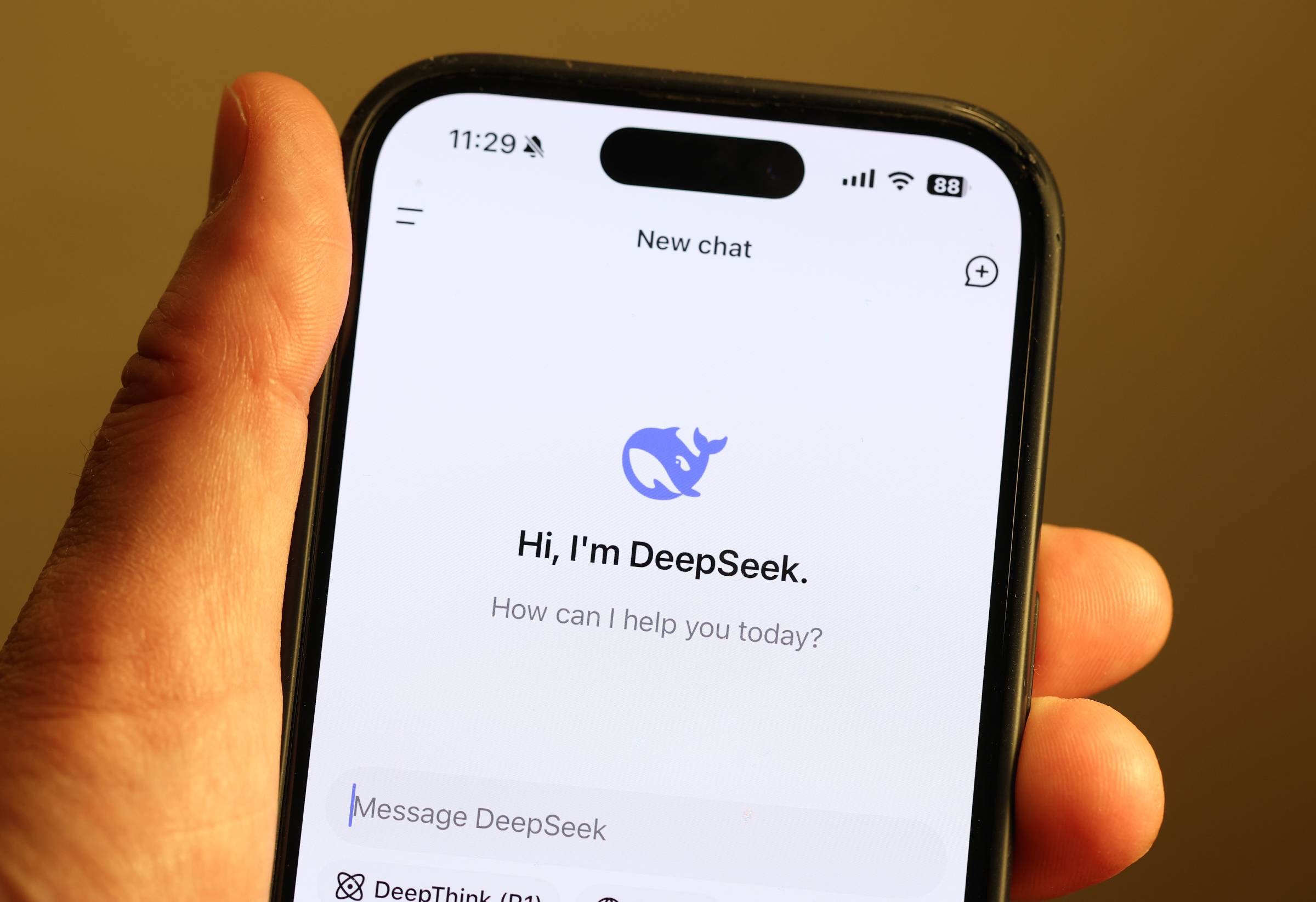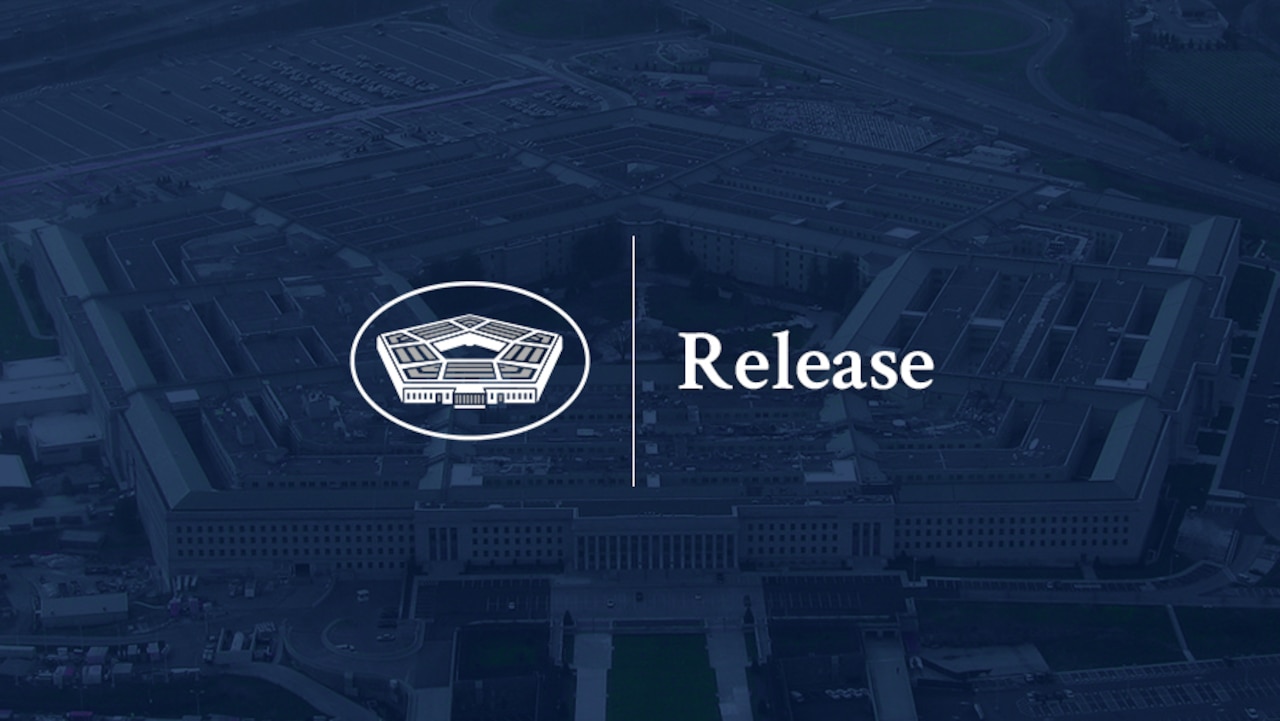As soon as DeepSeek AI became a viral sensation, challenging America’s dominance in AI with breakthrough software innovations, I wondered whether a DeepSeek ban was in order. As exciting as the Chinese AI chatbot might be, there are legitimate reasons to worry about one’s safety and privacy when using it.
Also, let’s not forget that services like ChatGPT, which DeepSeek might have used to develop its models and circumvent the higher costs associated with training an AI model from scratch, are not officially available in China.
I said at the time that DeepSeek might be even worse for consumers than TikTok, as the AI opens the door to a lot of potentially harmful ways of manipulating international users.
Soon after that, the first DeepSeek bans happened. The US Navy advised all personnel not to install the viral AI on their mobile devices. Countries like Italy followed with DeepSeek bans.
A week later, US lawmakers are sounding the alarm on the dangers of DeepSeek, as more information about the way the AI works. Security researchers from NowSecure have discovered that DeepSeek sends data from iPhone and Android devices unencrypted over the internet to ByteDance servers in China. That’s the parent company of TikTok.
Separately, security researchers from Feroot Security found that DeepSeek might send user login data to China Mobile, China’s largest mobile operator, which is officially banned from conducting business in the US. This prompted a bipartisan initiative to ban the use of DeepSeek on all devices tied to the US government. Other lawmakers called DeepSeek “TikTok on steroids” in recent confirmation hearings to underline the security threat.
The China Mobile code is specifically obfuscated on the web login app for DeepSeek.
Representatives Josh Gottheimer (D-NJ) and Darin LaHood (R-IL) on Thursday introduced a bipartisan bill, the “No DeepSeek on Government Devices Act,” to ban the use of DeepSeek on government-issued devices.
The lawmakers specifically mention the ties between DeepSeek and China Mobile, which the US has linked to the Chinese government and military in the past. This resulted in an FCC ban on the carrier’s use in the US.
“The Chinese Communist Party has made it abundantly clear that it will exploit any tool at its disposal to undermine our national security, spew harmful disinformation, and collect data on Americans,” Gottheimer said. “Now, we have deeply disturbing evidence that they are using DeepSeek to steal the sensitive data of US citizens. This is a five alarm national security fire.”
“We must get to the bottom of DeepSeek’s malign activities. We simply can’t risk the CCP infiltrating the devices of our government officials and jeopardizing our national security. That’s why I’m introducing this common sense bipartisan legislation with my colleague, Congressman LaHood, to immediately ban DeepSeek from all US government devices. We’ve seen China’s playbook before with TikTok, and we cannot allow it to happen again.”
“The technology race with the Chinese Communist Party (CCP) is not one the United States can afford to lose,” LaHood added in the joint statement. “The national security threat that DeepSeek—a CCP-affiliated company—poses to the United States is alarming. DeepSeek’s generative AI program acquires the data of US users and stores the information for unidentified use by the CCP. Under no circumstances can we allow a CCP company to obtain sensitive government or personal data.”
“This commonsense, bipartisan piece of legislation will ban the app from federal workers’ phones while closing backdoor operations the company seeks to exploit for access. It is critical that Congress safeguard Americans’ data and continue to ensure American leadership in AI. I look forward to working with Rep. Gottheimer and my colleagues in Congress to pass this critical piece of legislation.”
Separately, Senator John Curtis (R-UT) referred to the dangers of using DeepSeek in the US during the confirmation hearing of Howard Lutnick, Trump’s choice for Commerce Secretary. In his remarks, Curtis said that DeepSeek is “TikTok on steroids.”
While I’m not always convinced lawmakers fully understand the latest developments in tech, especially nascent technology like AI, before making statements like the ones above, I do think there are legitimate reasons to worry.
Whether encrypted or not, DeepSeek sends all your data to China. The versions of the AI you’re likely to use (iPhone and Android apps) are heavily censored when it comes to sensitive content for the Chinese government. Also, DeepSeek might spew out more harmful content than other AI models.
Most worrying is the prospect of DeepSeek becoming a heavily entrenched app in everyday use, similar to ChatGPT and TikTok. Whose to say that DeepSeek won’t tweak the AI’s instructions that aren’t open source to intentionally misinform US and Western users or provide misleading information?
There’s also the problem of user data stored in China, which the Chinese government might want to access. This goes beyond the TikTok user data that might be used for algorithms. Everything in your chats, including personal information, sensitive work, and government-related information, might be used for all sorts of purposes, including spying.
Unfortunately, DeepSeek has done little to reassure US and international users that their data is safe and protected. Even with those assurances in place and proof to back them up, you’d still have to question them, considering the US-China trade war that encompasses everything, AI chatbots included.









